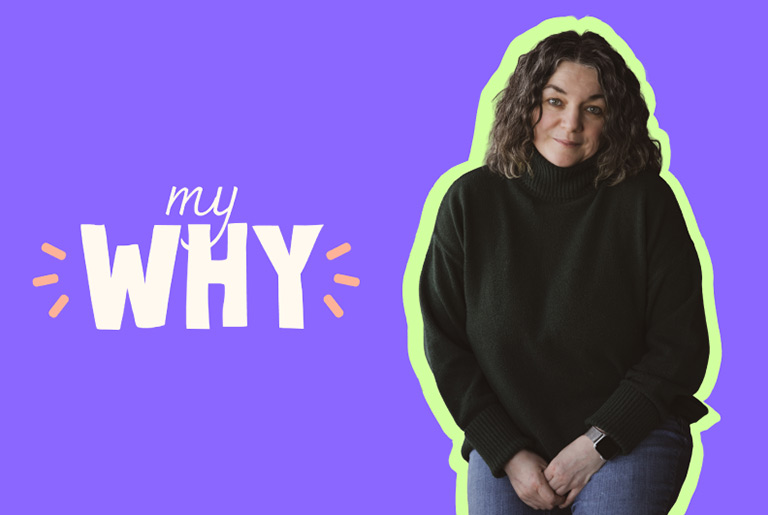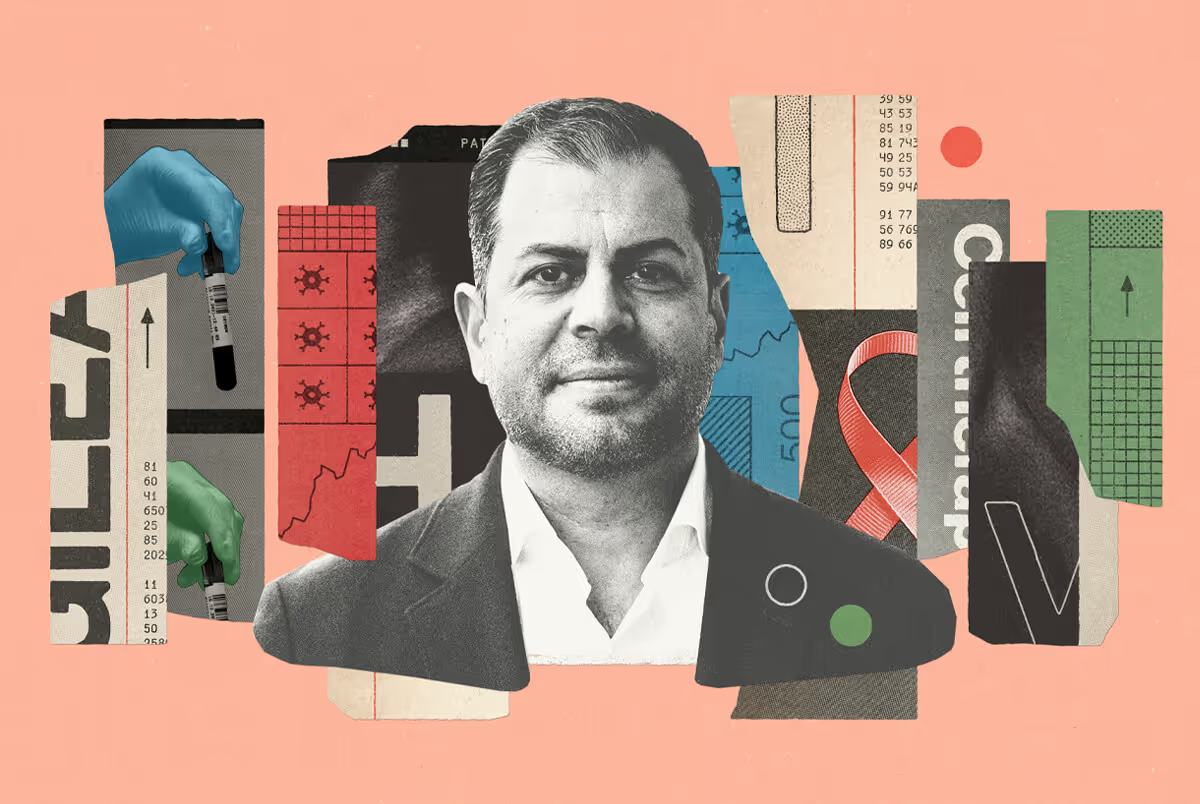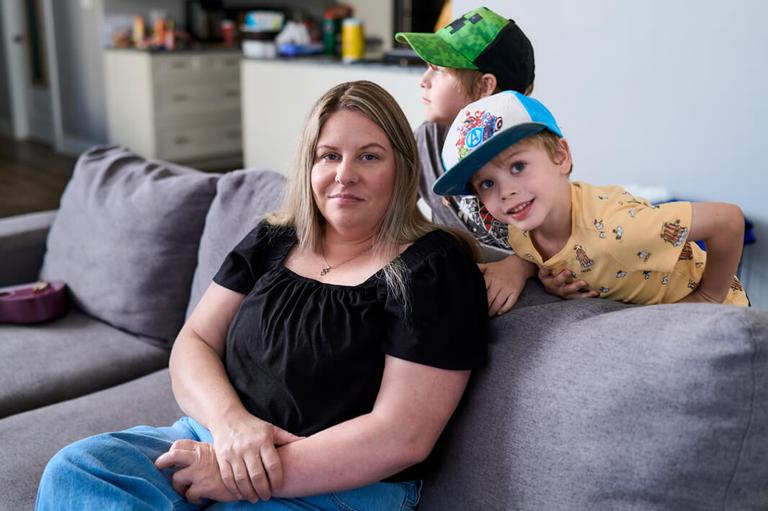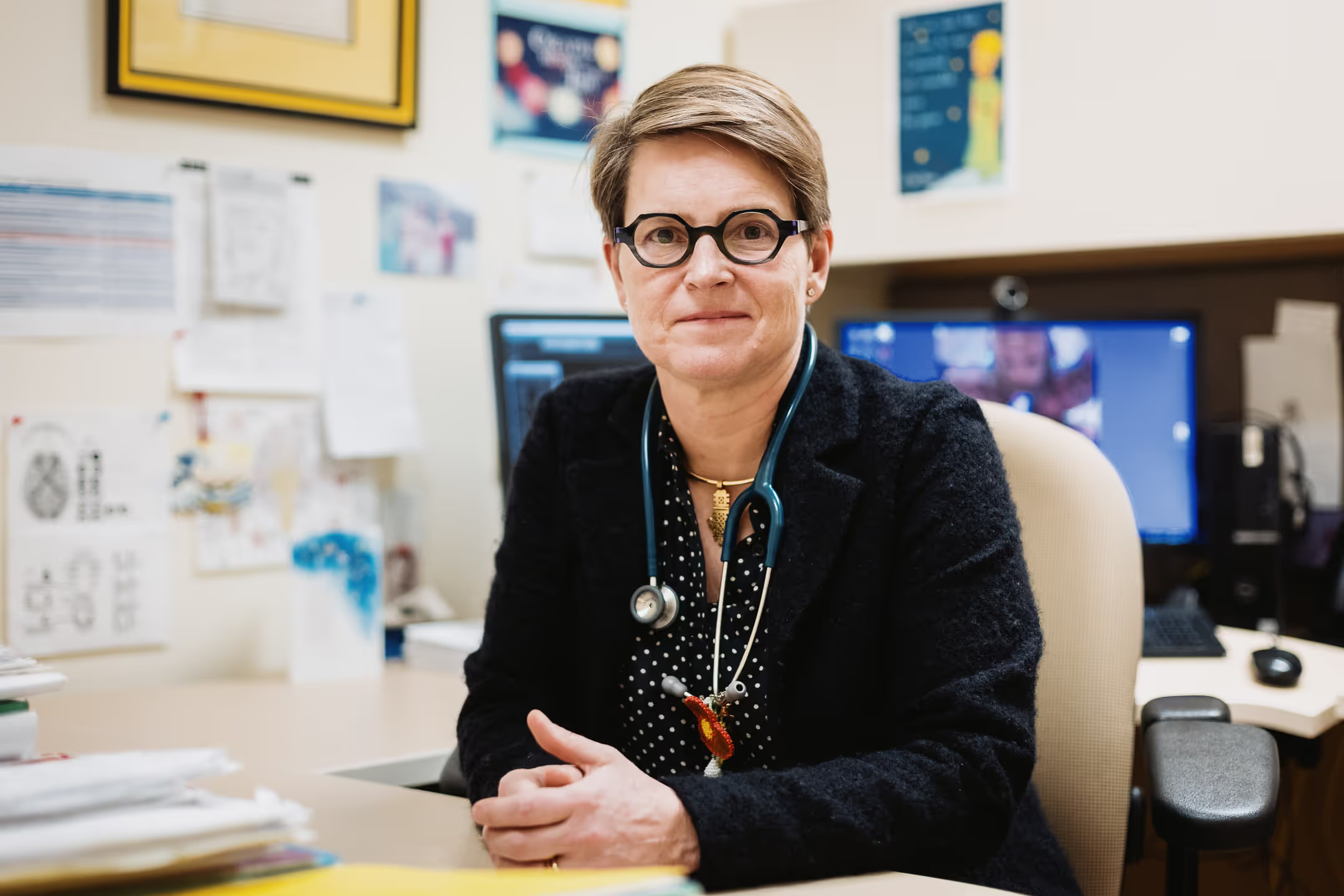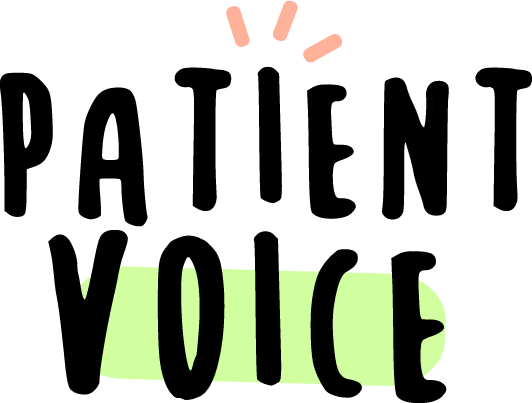“I was working as a litigator in Toronto when I was diagnosed with chronic thromboembolic pulmonary hypertension (CTEPH) — a rare and potentially fatal lung disease. When the symptoms began, I didn’t have time to be sick, so I ignored them. Eventually, I went to a clinic on my lunch hour. I planned to be back at the office by mid-afternoon to prepare for court the next day. Instead, I spent five days in Mount Sinai with multiple pulmonary embolisms.
What started as a long lunch became a week, then months, until eventually I had to accept that, truthfully, I didn’t know if I’d ever be able to go back. That was the hardest part. My career was everything to me. I had worked SO hard for it.
“I had to mourn my former self.”
Even when I ended up in heart failure — and went into emergency open lung surgery — I was telling myself that, in a few weeks, I’d be back to work. I truly believed that. Instead, I spent eight days in a coma, and then I woke up in hell. I was weak, delirious, and psychologically traumatized, and I wasn’t improving. I was diagnosed with post-ICU PTSD. And while my life had been saved, very often I felt like the life I was left with wasn’t worth saving.
I had to mourn my former self. The Emily who put on pantyhose, a suit, and heels every morning and went off to court was gone forever. This wasn’t a detour. This was the new road.
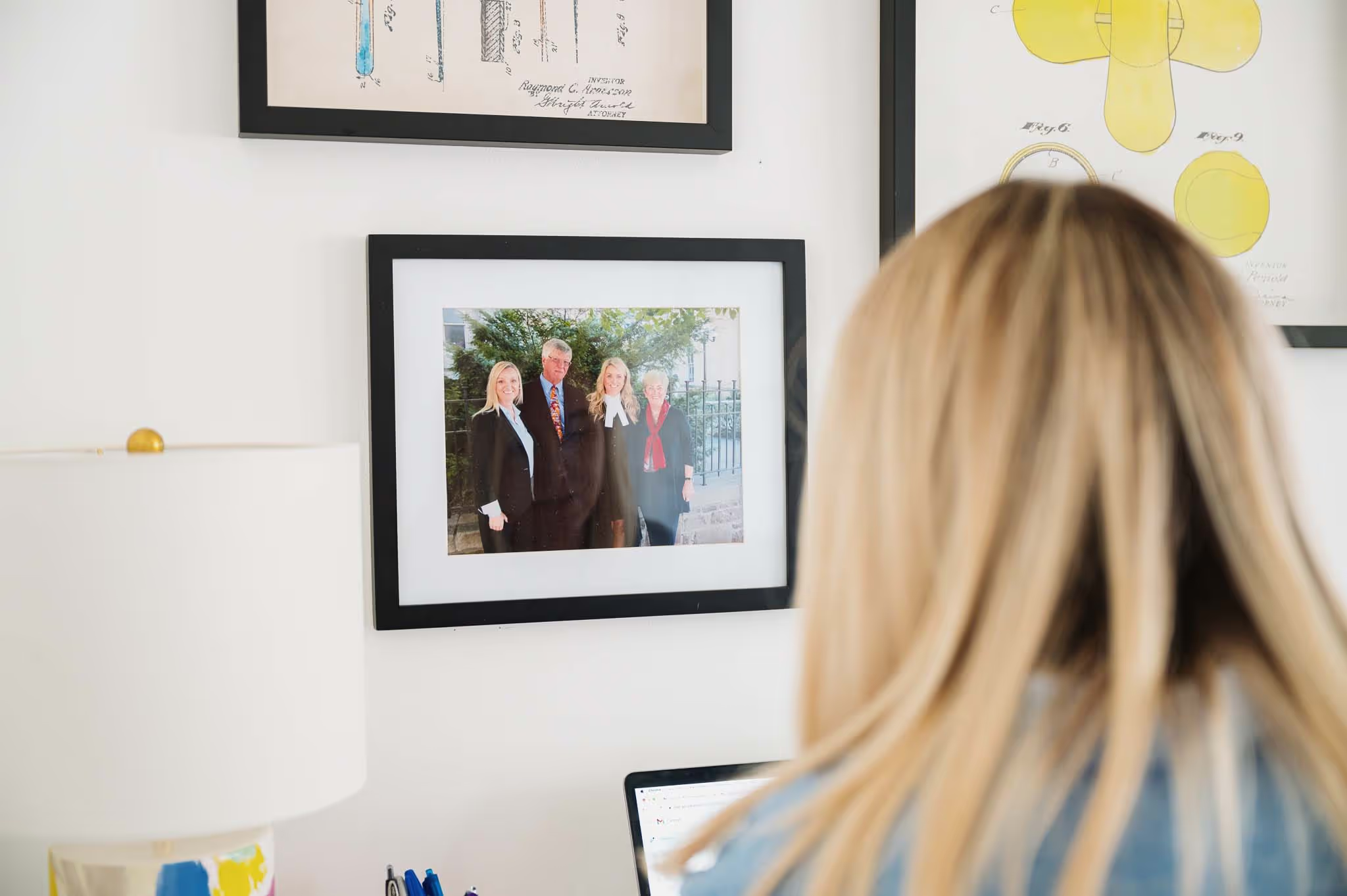
I became a patient advocate. I joined the board of the Pulmonary Hypertension Association of Canada. I became a Patient Partner at the University Health Network, and I actually won an award for that work. That meant a lot. I never thought I would excel in anything ever again.
What I really want now is a family. Sadly, CTEPH has left me unable to have children naturally. And having children any other way means taking on a whole new uphill climb — a very steep hill.
That’s the most frustrating thing about a chronic condition like this. Just when you’re starting to make peace with it, it takes something else from you. But you keep putting in the work and finding your way.”



